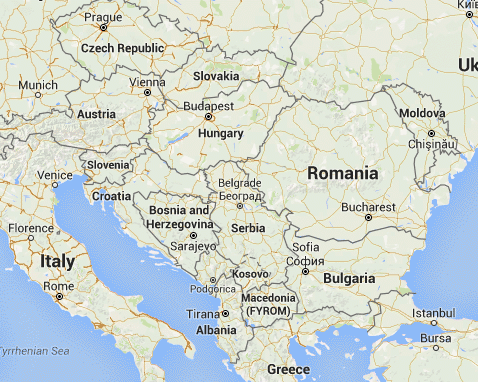AU PAIR CULTURE QUESTS
LATVIA
Northern Europe
Capital: Riga
Languages: Latvian
Religion(s): Christianity
(predominantly Roman Catholic/Lutheran)
Common Characteristics:
- Latvia is a small nation, but Latvians are very proud of their heritage.
- Latvians are hard working, polite and responsible.
- Latvians can be reserved when you first meet them, but they are friendly and helpful after they get to know you – friendships are genuine.
FUN FACTS:
- Aleksandrs was a famous Latvian explorer. He moved to Venezuela in 1939. His most famous discovery was Angel Falls and he named the river, from which Angel Falls flows, Gauja. He also named 3 other rivers in Venezuela after Latvian Rivers such as Daugava (Riga), Venta (Kuldiga, Ventspils) and Ogre.
- The capital of Latvia, Riga, is the largest city in the Baltic States and is famous for some of the best Art Nouveau architecture in Europe.
- Walter Zapp invented and built the first Minox”Spy Camera” in Latvia.
USEFUL PHRASES:
- How are you? Kātev iet?
- Fine, thanks. Paldies – labi.
- My name is… Mani sauc…
- Nice to meet you. Prieks iepazīties.
- Thank you. Paldies.
“The Au Pair in America program is well organized and has developed a great support system for its participants. For me it was one of the best years of my life!” – Jana, au pair from Latvia
“You know when someone says – IT CHANGED MY LIFE!!! So, this is the case! I never thought I could gain so much being an Au Pair in America!” – Anda, au pair from Latvia
“It’s a wonderful experience! I would definitely do that one more time if I could! This year made me a better person.”– Madara, au pair from Latvia
“I like the opportunity to see American life as an insider, to come to know the traditions and customs, approach to bringing up children, managing the household, learning peculiarities of eveyday language, American cuisine, and just the chance to hear from the children I love you.”
Ekaterina, au pair
Russia
 Flag of Latvia
Flag of Latvia 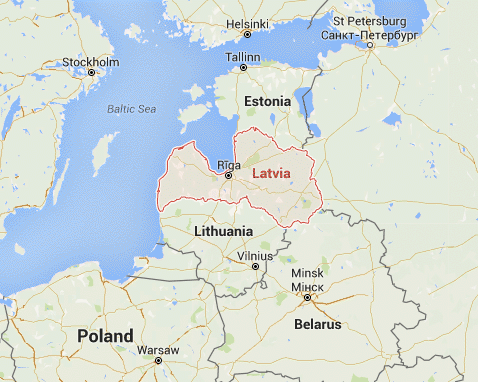

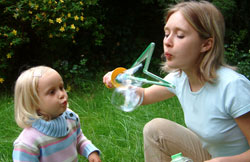
 Flag of Mexico
Flag of Mexico 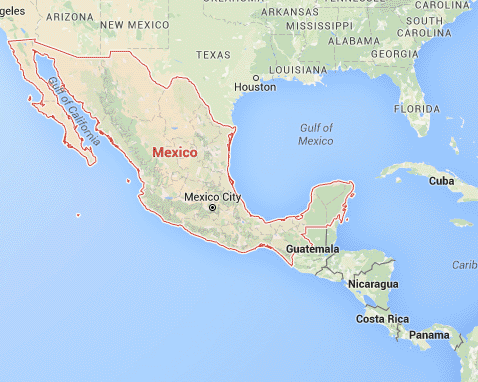

 Flag of Netherlands
Flag of Netherlands 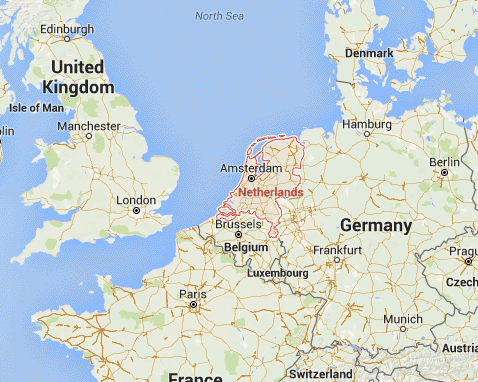

 Flag of South Africa
Flag of South Africa 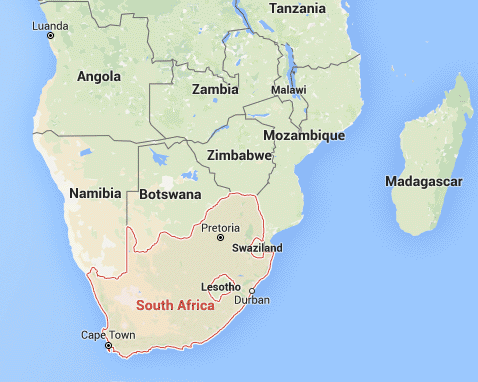

 Flag of Slovakia
Flag of Slovakia 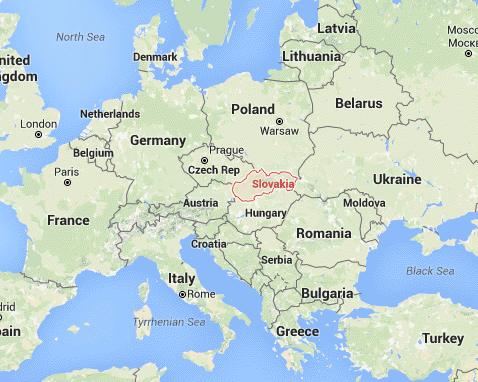

 Flag of Serbia
Flag of Serbia 